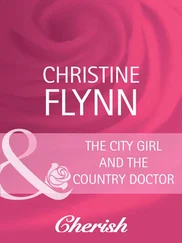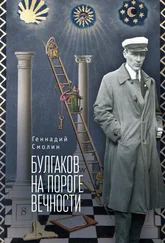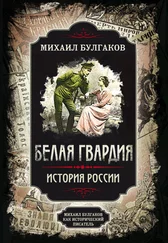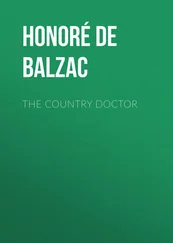‘Two hours later the scene had again undergone a kaleidoscopic change. This time the dark road had vanished. I found myself in a room with plastered walls and a wooden table on which there was a lantern, a hunk of bread and the contents of a medical bag. My feet had thawed out and I was warm, thanks to the crimson flames dancing in a small black iron stove. From time to time cavalrymen came in to see me and I would treat them. Mostly they were cases of frostbite. They would take off their boots, unwrap their foot-cloths and crouch by the fire. The room stank of sour sweat, cheap tobacco and iodine. Occasionally my escort left me and I was alone. Always thinking of escape, I opened the door from time to time looked out and saw a staircase lit by a guttering wax candle, faces and rifles. The whole house was so packed with people that it was difficult to run away. I was in the middle of their headquarters. I would come back from the door to my table, sit wearily down, lay my head on my arms and listen attentively. I noticed that every five minutes according to my watch a scream came from the room below mine. By then I knew exactly what was going on. Someone was being beaten with ramrods. At times the scream turned into something like a lion’s roar, sometimes into gentle, plaintive entreaties—or so it sounded through the floor—as though someone were having an intimate conversation with a close friend. Sometimes it stopped abruptly as if cut off with a knife.
‘ “What are you doing to them?” I asked one of Petlyura’s men as he shivered and stretched his hands towards the fire. His bare foot was resting on a stool and I was smearing white ointment on the festering sore on his big toe, which was blue with cold. He answered:
‘ “We found an organisation in Slobodka. Communists and Yids. The colonel’s interrogating them.”
‘I said nothing. When he went out, I muffled my ears in a scarf and the sounds grew fainter. I spent about a quarter of an hour like this, still haunted by the image of a pockmarked face under a gold-braided fur hat, until I was woken from my doze by the voice of my escort:
‘ “The colonel wants to see you.”
‘I stood up, unwound the scarf while the escort looked on in amazement, and followed the trooper. We went down the stairs to the floor below and I entered a white room, where I saw Colonel Leshchenko by the light of a lantern. He was naked to the waist and huddled on a stool, pressing a bloodstained piece of gauze to his chest. A helpless-looking peasant soldier stood by him, shuffling his feet and clinking his spurs.
‘ “The swine,” the colonel hissed, and turned to me. “Come on, doctor, bandage me up. Out you go, lad,” he said to the soldier, who clumped noisily out of the door. The house was silent. Then the windowframe shook. “Guns,” I thought, shuddering, and asked:
‘ “How did it happen?”
‘ “With a pen knife,” the colonel answered with a frown.
‘ “Who did it?”
‘ “None of your business,” he retorted with a cold, spiteful malevolence, and added: “Ah, doctor, you’re really in for trouble.”
‘Then it suddenly came to me: someone had been unable to endure his torture any longer, had made a rush for him and wounded him. That was the only way it could have happened.
‘ “Take off the gauze,” I said and bent down to his chest with its thick growth of black hair. But before he had time to remove the blood-stained rag we heard footsteps outside the door, a scuffle, and then a coarse voice shouted:
‘ “Stop, stop, where the hell d’you think you’re going?”
‘The door was flung open and a dishevelled woman burst in. Her face was tensed in a way that made me think she was smiling; only much later did I realise that extreme anguish can express itself in very strange ways. A grey arm tried to grab the woman by her headscarf, but she tore herself free.
‘ “Go away, lad, go away,” the colonel ordered, and the arm drew back.
‘The woman stared at the half-naked colonel and said in a dry, tearless voice:
‘ “Why did you shoot my husband?”
“Because he had to be shot, that’s why,” the colonel answered in his Ukrainian accent, grimacing with pain. The lump of gauze was getting redder and redder under his fingers.
‘She gave such a smile that I could not help staring at her eyes. I had never seen such eyes. Then she turned to me and said:
‘ “And you’re a doctor!”
‘She poked her finger at the red cross on my sleeve and shook her head:
‘ “Oh, my God,” she went on, her eyes blazing, “God, what a wretch you are … you trained at university and yet you can bring yourself to treat this murdering swine … tying nice little bandages for them ! He thrashes a man in the face without cease, till he drives him mad … And you’re bandaging him!”
‘Everything blurred before my eyes and I felt sick; I knew that the most terrible episode in my wretched career as a doctor had begun.
‘ “Are you talking to me?” I asked, trembling. “Don’t you know …”
‘But she did not listen. She turned to the colonel and spat in his face. He jumped up and shouted:
‘ “Men!”
‘They rushed in and he said in fury:
‘ “Give her twenty-five strokes with the ramrod.”
‘She said nothing as they dragged her out by the arms; the colonel closed the door and bolted it. Then he slumped on to the stool and threw away the ball of gauze. Blood trickled out of a small wound. The colonel wiped away the spittle that clung to his right moustache.
‘ “They’re going to beat a woman ?” I asked in a voice that I did not recognise.
‘Anger flared in his eyes.
‘ “What?” he barked, looking at me with hatred. “Now I see what sort of a doctor I’ve been given!”
‘I must have fired one of the bullets into his mouth because I remember him swaying on the stool and blood running out of his mouth; almost immediately it began to stream from his chest and stomach, then his eyes clouded and turned from dark to milky. Finally he slumped to the floor. As I pulled the trigger I remember being afraid of losing count and firing the seventh bullet, the last one. “That’ll be for my own death,” I said to myself. The smell of powder-smoke from the automatic was delicious. The door had barely started to crack before I hurled myself out of the window, breaking the glass with my feet. Fate was kind to me: I landed in an empty courtyard and ran past stacks of firewood into a back street. I would certainly have been caught if I had not run into a very narrow little blind alley between two walls; crouched on a pile of broken bricks, I waited in that cave-like space for several hours. I could hear cavalrymen galloping past me. The back street led down to the Dnieper, and they searched the river bank for a long time, looking for me. I could see one star through a crack—I think it must have been Mars. And then it seemed to explode: the first shell had burst, blotting out the stars. The night was filled with rumbling and crashing as I sat silent and motionless in my brick burrow, thinking about my degree and wondering whether the woman had died under the ramrods. When silence fell again, the dawn was just beginning to break and I came out of my hole, as I could not endure the torture of it any longer—both my legs were frostbitten. Slobodka was dead, everything was quiet, the stars had grown pale. When I reached the house it was as if there had never been a Colonel Leshchenko or a cavalry regiment. Only horse-dung on the trampled snow.
‘I walked alone all the way back to Kiev, and when I reached the city it was broad daylight. I was met by an unfamiliar-looking patrol, wearing funny hats with earflaps. They stopped me and asked to see my papers. I said:
Читать дальше
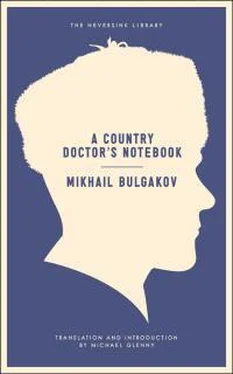
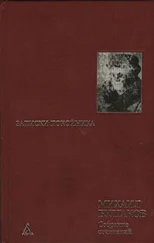
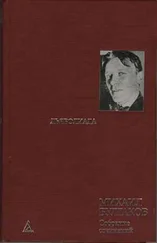
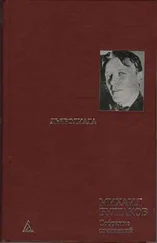
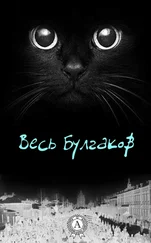
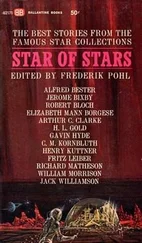
![Михаил Булгаков - Весь Булгаков [litres; сборник]](/books/400110/mihail-bulgakov-ves-bulgakov-litres-sbornik-thumb.webp)
